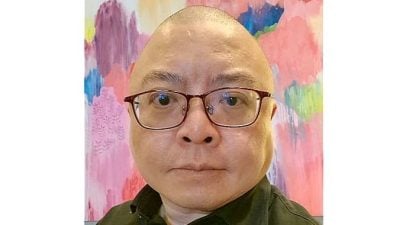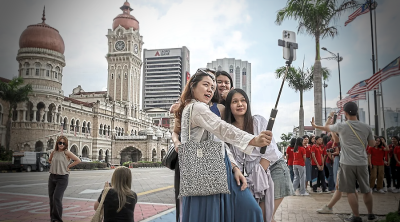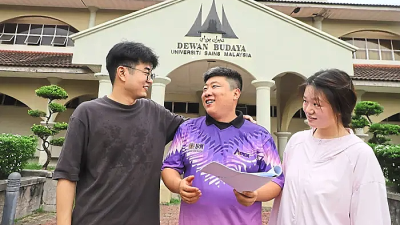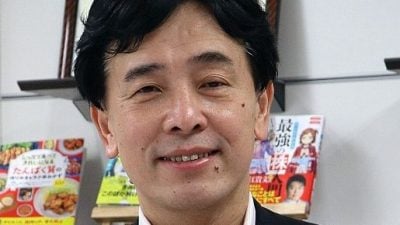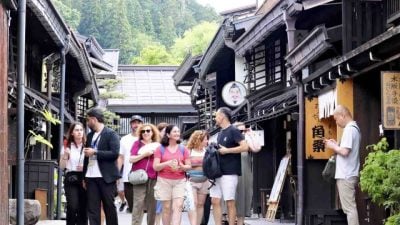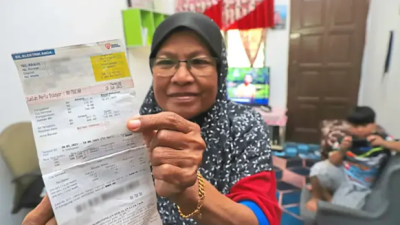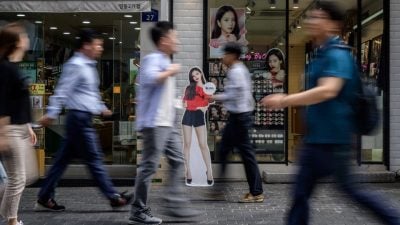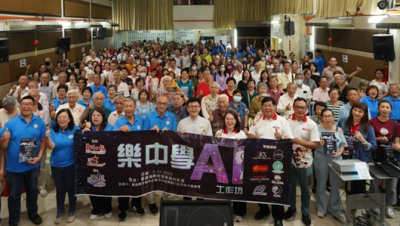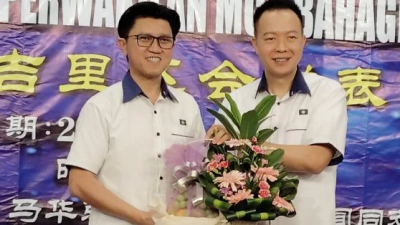HONG KONG: Hong Kong’s leader unveiled plans to resuscitate the business hub’s fortunes on Wednesday, hoping to lure back international expertise after an exodus of talent — but he vowed no let-up in a political crackdown that has transformed the city.
John Lee, a Beijing-anointed former security chief, gave a debut policy speech that prioritized the revival of an economy mired in recession and maintaining security while recognizing that many had left a city that serves as a gateway to China.
“Over the past two years, the local workforce shrank by about 140,000,” he said. “Apart from actively nurturing and retaining local talent, the government will proactively trawl the world for talent.”
The former British colony has lately undergone its most tumultuous period since its 1997 handover to China.
Huge and sometimes violent democracy protests three years ago were followed by a sweeping clampdown on dissent as well as some of the world’s strictest coronavirus pandemic rules, many of which remained in place long after rivals reopened.
The city, which only scrapped mandatory quarantine for international arrivals last month, has seen its deficit soar while the border with the Chinese mainland remains all but closed because of Beijing’s strict zero-Covid rules.
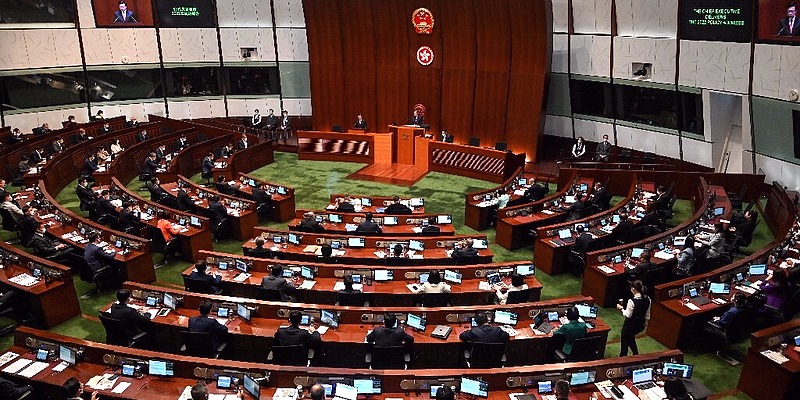
Talent office
Lee’s speech offered his blueprint for reversing that downturn, including a talent scouting office, a HK$30 billion ($3.8 billion) co-investment fund to attract overseas businesses and rules to make it easier to hire foreigners.
The city will give preferential treatment to “top talent”, described as people who earn HK$2.5 million or more annually and graduates from the top 100 universities around the world who have relevant work experience.
Even with investor-friendly measures, rebooting Hong Kong will be tough.
Lee took office in July at a time of rising global interest rates, fears for China’s zero-Covid economy, uncertainty sparked by Russia’s Ukraine invasion and dents in Hong Kong’s business-friendly reputation.
The reaction from investors and analysts was lukewarm.
Hong Kong’s stock exchange, which has lost more than a quarter of its value since the start of the year, closed down 2.38 percent on Wednesday.
“The government still lacks the sense of crisis and understanding of the actual situation,” public affairs commentator Derek Yuen told AFP, saying Lee’s policy focused more on Hong Kong being a gateway to China and less on being a truly international business hub.
“(Officials) may be aware of the competition from within the region like Singapore but they don’t understand what makes other countries tick,” he added.
Baptist University political scientist Kenneth Chan said there was little to reassure foreign talent about Hong Kong’s core values.
“For a lot of people who are looking at Hong Kong… it’s a new era with a lot of uncertain elements, mostly political elements. They have to think very carefully before making the move and commit,” he told AFP.
‘Stability is the prerequisite’
After nearly three years, Hong Kong is gradually moving away from its version of China’s zero-Covid policy, which failed to keep out the virus and has left the city internationally cut off.
Authorities have axed the unpopular hotel quarantine for incoming travelers and loosened some social-distancing rules.
But the pace of reopening still lags behind regional rivals such as Singapore — which has gone on its own charm offensive to lure talent and has roared back as a global transport hub.
Overseas arrivals to Hong Kong, for example, cannot enter bars and restaurants for the first three days and Lee’s speech gave no details on a clear timeline to lifting all virus curbs.
Lee did stress that the government would press ahead with more national security legislation and possible new rules on “false information.”
“The development of Hong Kong allows no delay. Social stability is the prerequisite for our development, and we have to get rid of any interference,” he said.
Beijing imposed a sweeping national security law on Hong Kong in 2020 after democracy protests the year before, flipping the city’s once outspoken vibe.
Most prominent local democracy activists either are in jail, are awaiting trial or have fled overseas while schools have been ordered to turn students into Chinese patriots.
Lee’s policy speech — which lasted two hours and 45 minutes — also included major infrastructure projects to boost the economy and plans to deliver more housing in a city with one of the world’s least affordable property markets, something successive Hong Kong administrations have failed to tackle.
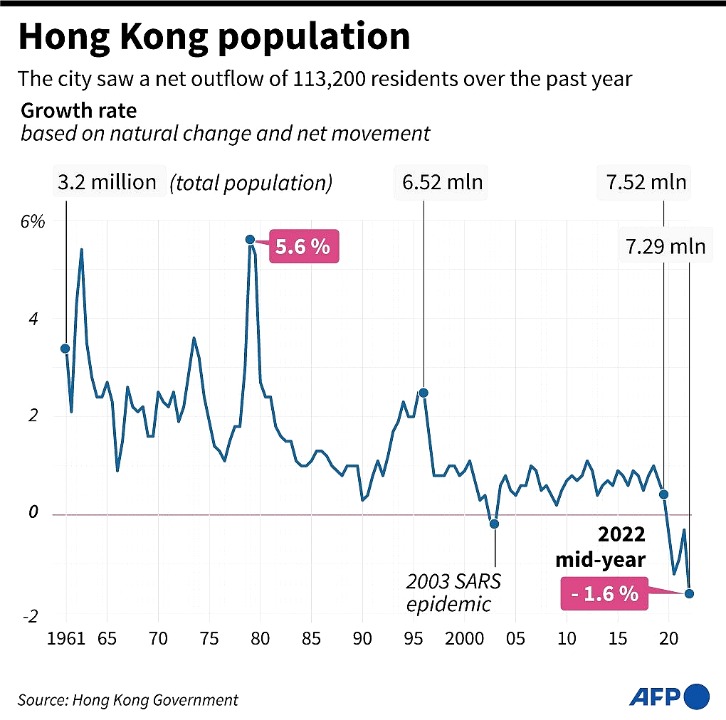
ADVERTISEMENT
ADVERTISEMENT






